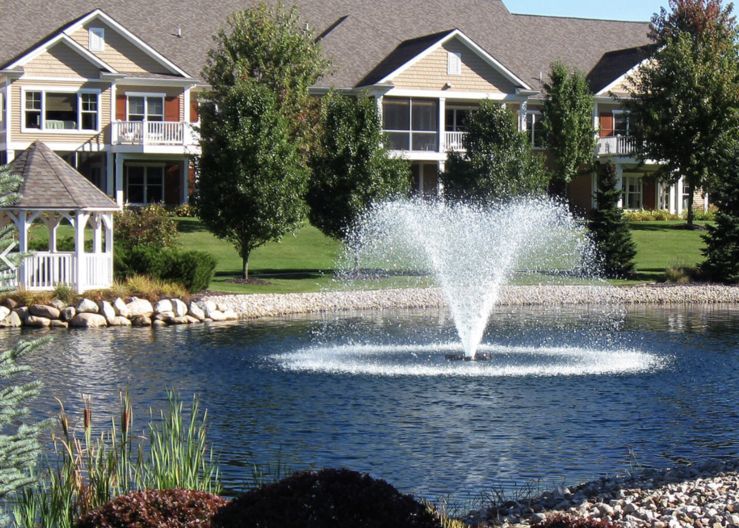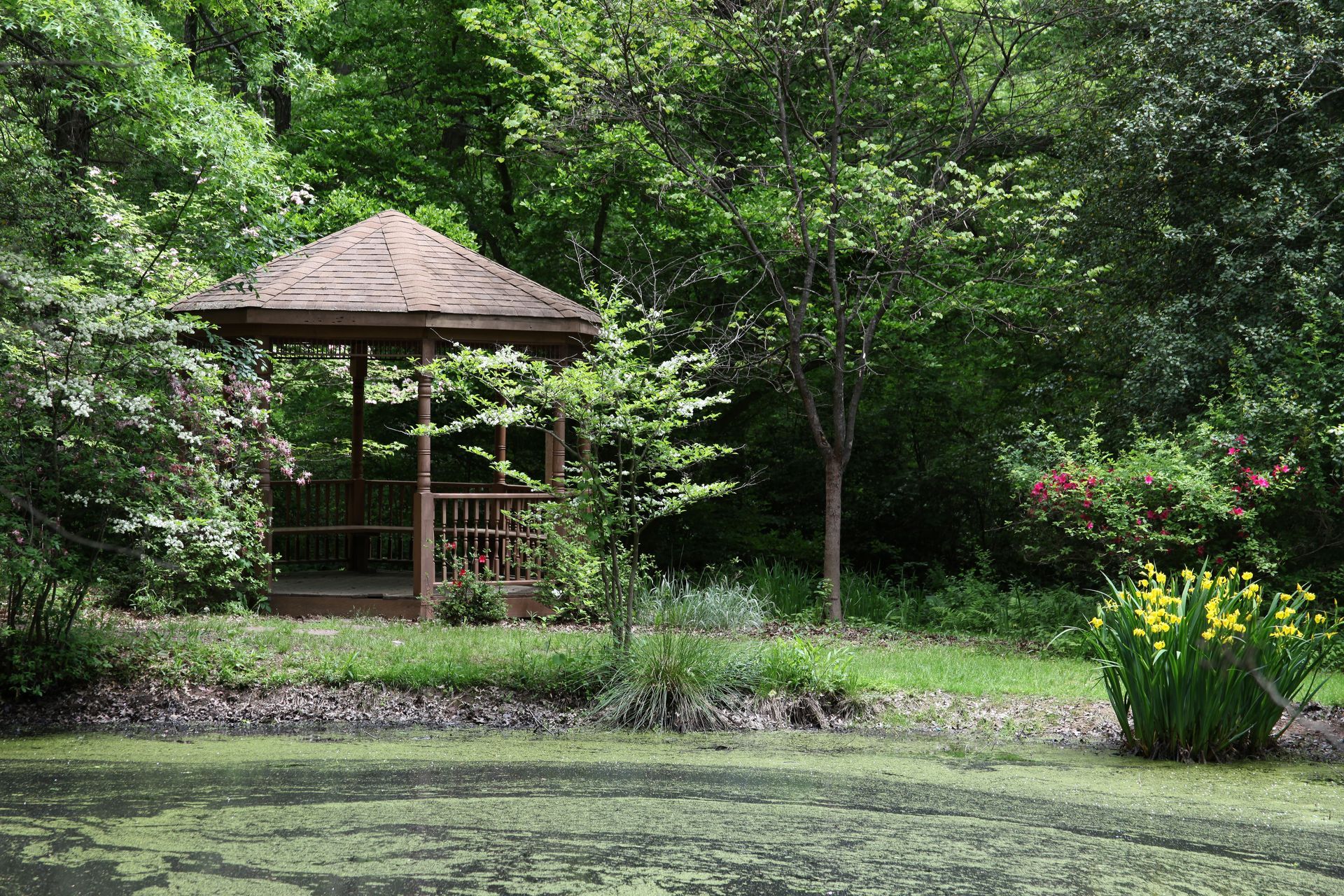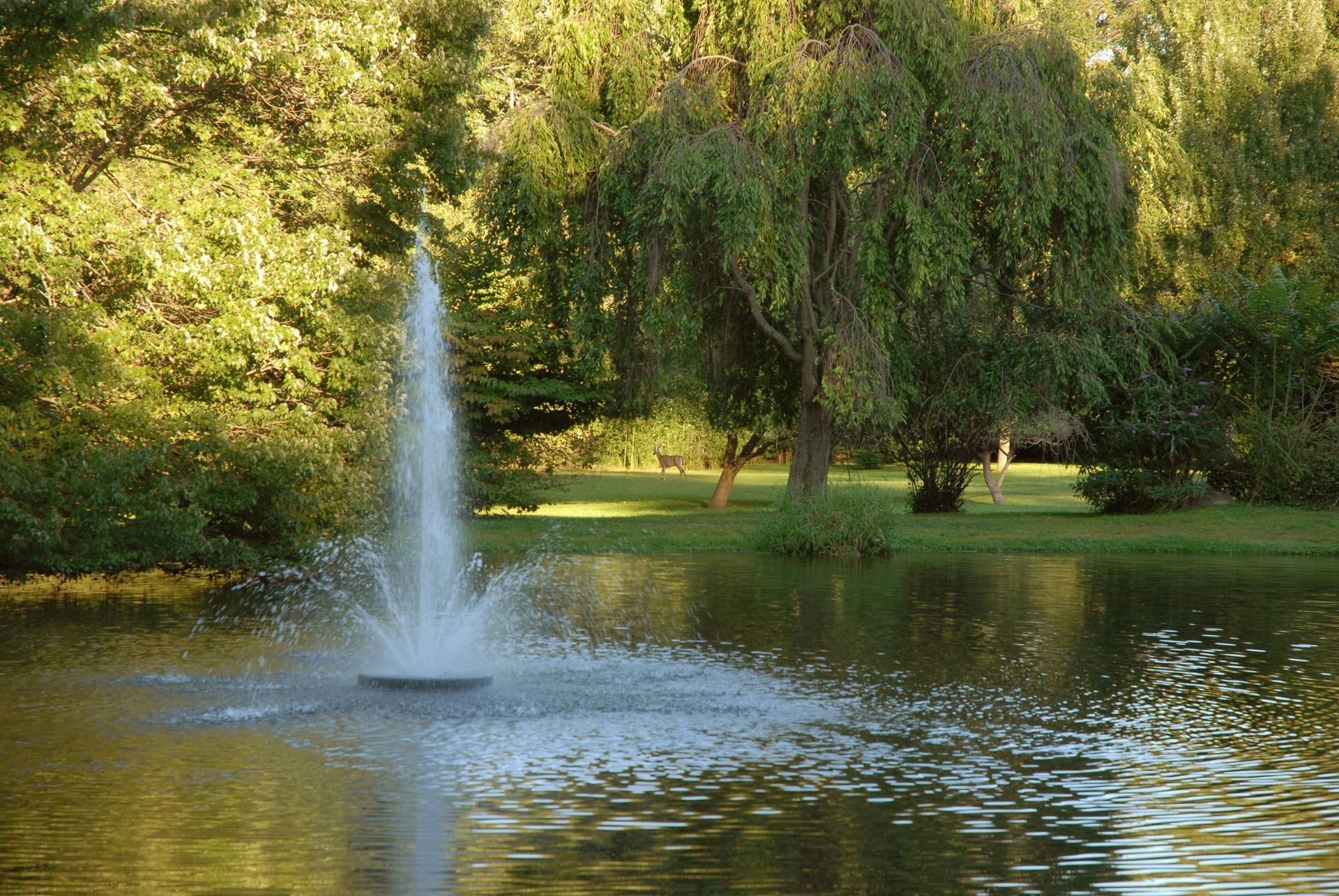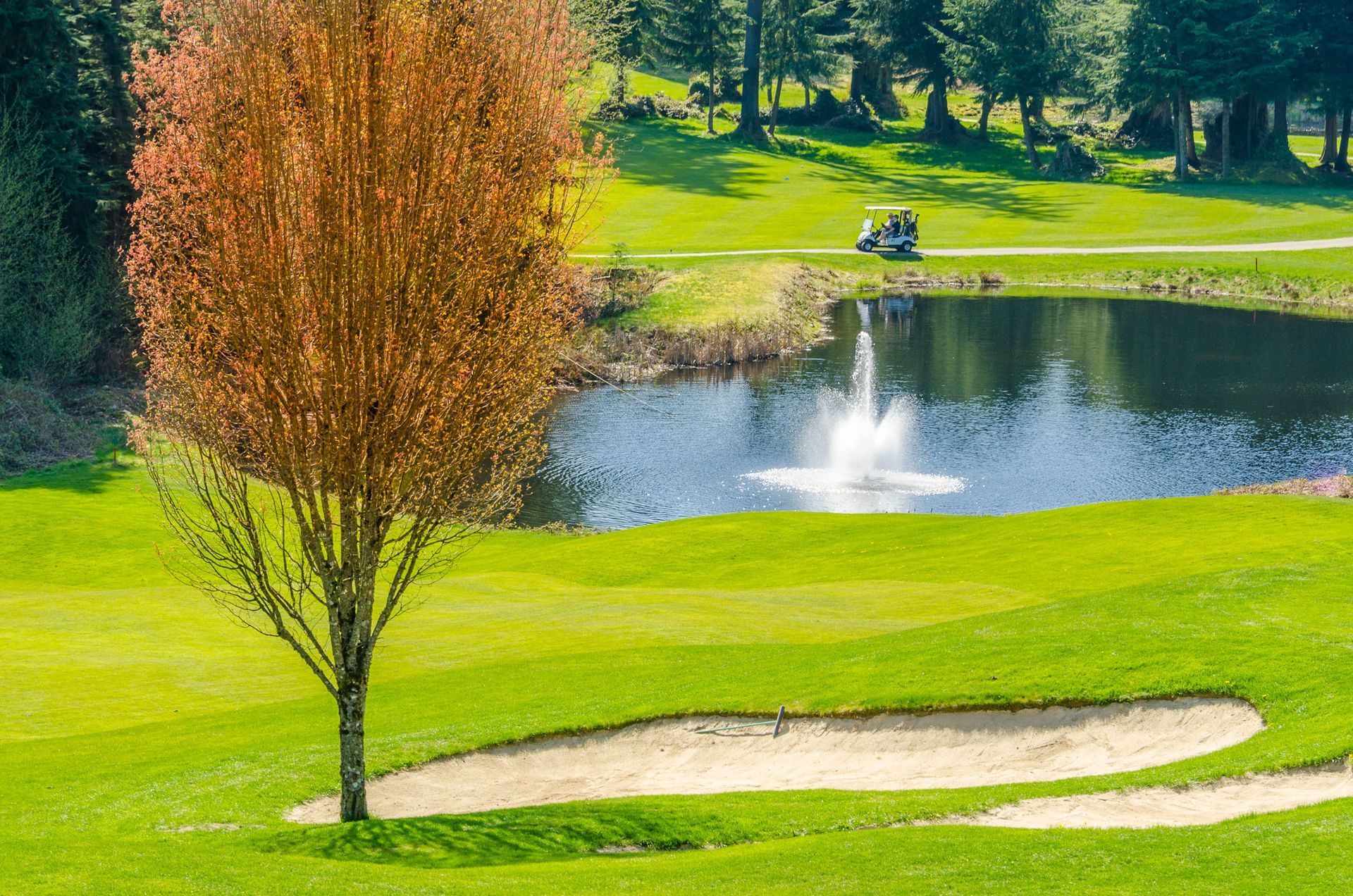How Algae Can Be Harmful for Your Pond
Algae, often thought of as a harmless and natural component of aquatic ecosystems, can actually become a significant threat to ponds if they grow uncontrollably. While a small amount of algae can provide necessary food for aquatic life, excessive growth leads to several problems that could harm a pond's health and aesthetics. Understanding the potential issues caused by algae in your pond is crucial for maintaining a balanced and vibrant aquatic environment.
Oxygen Depletion and Its Impact on Aquatic Life
One of the major issues with excessive algal growth is oxygen depletion. During the day, algae undergo photosynthesis, significantly increasing oxygen levels in the water. However, at night, the process reverses, and algae consume oxygen, potentially leading to critically low levels. This can create an inadequate environment for fish and other aquatic organisms, forcing them to live in stressful conditions and sometimes leading to fatalities. Implementing pond algae treatments can help control algae levels, ensuring a healthier balance for aquatic life.
Harmful Algal Blooms and Water Toxicity
Algal blooms can also introduce toxins into the water, making the pond hazardous for both humans and wildlife. According to the CDC, three types of algal blooms can make people and animals sick: cyanobacteria, dinoflagellates, and diatoms. These harmful algal blooms (HABs) can produce toxins that cause skin irritation, gastrointestinal issues, and more severe health problems. It's crucial to monitor your pond and seek professional advice if you suspect the presence of a harmful algal bloom. Utilizing pond algae treatments can help prevent the spread of toxic algae, protecting both aquatic life and those who enjoy the pond.
Aesthetic and Odor Issues From Algal Overgrowth
Another consequence of uncontrolled algal growth is the unsightly appearance and foul odor that it can produce. Algae can create a thick, green scum on the surface of the pond, obstructing sunlight and affecting the growth of other aquatic plants. This imbalance can render your pond unattractive and render any efforts to create a serene or aesthetically pleasing setting moot. Furthermore, when algae die off in large numbers, their decomposition can generate a putrid smell, detracting from the enjoyment of surrounding spaces. Regular maintenance, including algae treatments, can help restore clarity and improve the overall look and smell of your pond.
While algae are a natural part of aquatic ecosystems, their unchecked growth can lead to serious problems for your pond. From depleting oxygen levels and introducing harmful toxins to making your pond visually unappealing, it's important to manage algae properly. LakeSource Aquatic Habitat Management provides expert pond algae treatments to keep your water clean, safe, and thriving. Contact us today to learn more!

serving Area
Maryland
Delaware
Virginia
Business Hours
- Mon - Fri
- -
- Sat - Sun
- Closed
Appointments Available on Saturdays





Share On: